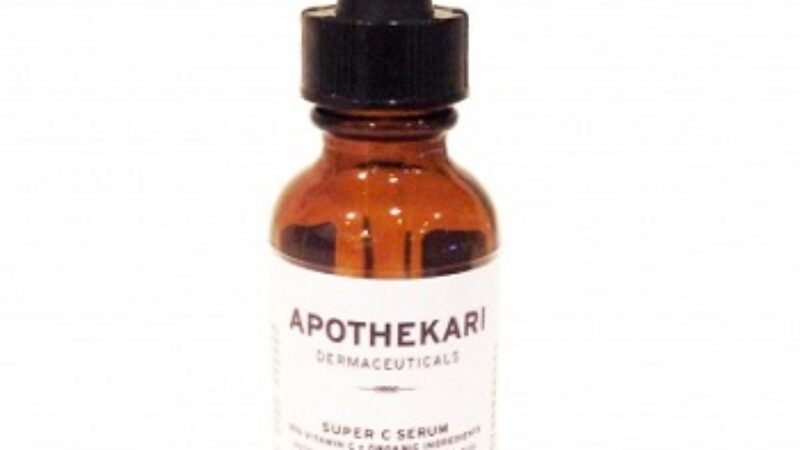When a customer recently asked about the benefits of hyaluronic acid drinks and supplements for the skin, we decided to do a little digging to find out if this was finally the fountain of youth that has proven to be so elusive.
We were already familiar with the fact that hyaluronic acid (HA) is a natural substance widely distributed throughout our bodies. It acts as a lubricant between our joints, as an important component of cartilage and is found in the spaces between the skin’s collagen and elastin, which form part of the skin’s supporting network. As we age, the amount of hyaluronic acid found in the skin decreases dramatically, resulting in dehydrated skin, roughness, flaking, wrinkles and sagging.
We also know that hyaluronic acid molecules can hold up to 1000 times their own weight in water, helping to draw moisture into the skin to plump and hydrate. No wonder, then, that it is a popular and widely-used ingredient in moisturizers and serums. As a topical treatment, hyaluronic acid molecules are able to penetrate the skin and alleviate tightness, minimize the look of wrinkles and reinforce the skin barrier function to keep skin healthy.
As a supplement, it is commonly found in gel-form capsules or as an injection to support healthy joints and reduce pain for those who suffer from osteoarthritis. Although many people report benefits, oral supplements can also cause stomach discomfort.
The use of hyaluronic acid supplements or drinks to improve the skin is still in its infancy and controversial at this time as there is insufficient scientific evidence to back up the claims. Ingestible HA is no cure-all and certainly doesn’t replace a healthy diet, taking good care of your skin or topical treatments.
Those who firmly believe that hyaluronic acid is indeed the fountain of youth like to point to the village of Yusuri Hara in Japan, where 10% of the residents are 85+ years old, have a youthful vitality, smooth skin and are seemingly immune to age-related diseases that seem to plague most Western societies. Yusuri Hara villagers have increased levels of HA in their bodies due to their diet that is high in starchy root vegetables. Although this may explain some of their health and longevity, those who live in Yusuri Hara also consume little or no processed foods, eat very little meat, exercise daily and believe in maintaining low levels of stress for a happy life.
At this point, we’re not entirely convinced about the efficacy of hyaluronic acid supplements and drinks in promoting healthy skin without further scientific evidence. The jury is still out.




